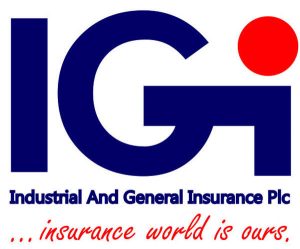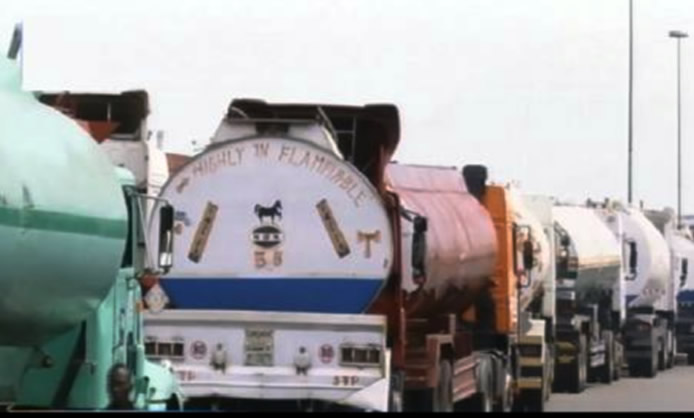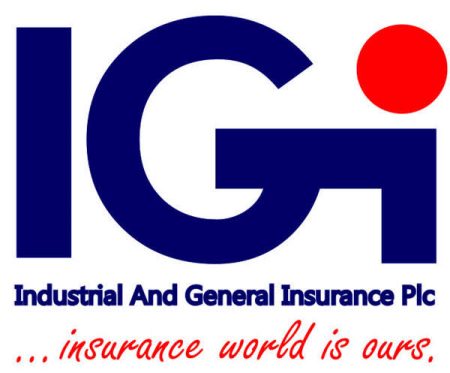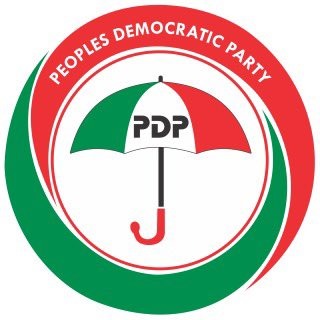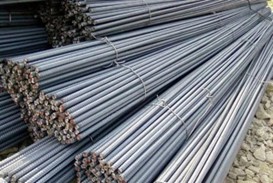The Nigerian Midstream and Downstream Petroleum Regulatory Authority (NMDPRA) has implemented a series of stringent measures aimed at curbing the alarming rate of tanker accidents and explosions that have plagued the nation’s roads. These measures, announced at a sensitization program in Lagos, target driver behavior, vehicle roadworthiness, and load capacity, reflecting a comprehensive approach to enhancing safety standards within the petroleum transportation sector. Central to this initiative is the restriction of tanker movement to daylight hours, between 6 am and 6 pm, with severe sanctions threatened for violators. This decisive action acknowledges the increased risks associated with nighttime driving, including reduced visibility, driver fatigue, and potential security concerns.
The NMDPRA’s commitment to safety extends beyond limiting operational hours. The authority is actively enforcing a phased reduction in maximum load capacity for petroleum tankers. Currently, a ban on tankers exceeding 60,000 liters is in effect, with a further reduction to 45,000 liters mandated by the fourth quarter of 2025. This gradual reduction strategy aims to improve vehicle control and responsiveness in emergency situations, minimizing the potential impact of accidents. To ensure effective implementation and address the complexities of this transition, a technical working committee comprising 13 institutions has been established. This collaborative approach underscores the importance of inter-agency cooperation in tackling this critical safety issue.
Further reinforcing its commitment to safety, the NMDPRA has introduced mandatory color-coding and branding for all petroleum tankers. This measure facilitates easy identification and enforcement of regulations, enabling authorities to quickly identify and address any violations. In addition, the installation of anti-spill containment kits is now required for all tankers, mitigating the risk of product loss and subsequent explosions in the event of an accident. These technological interventions, coupled with the stricter regulations, aim to create a safer and more accountable transportation system.
The new regulations have been met with widespread support from key stakeholders in the petroleum transportation industry. The Petroleum Tanker Drivers arm of the Nigeria Union of Petroleum and Natural Gas Workers (NUPENG) has echoed the NMDPRA’s call for compliance, urging its members to adhere to the new load limits and prioritize safe driving practices. Recognizing the crucial role of driver well-being in ensuring road safety, NUPENG also emphasized the importance of utilizing available health insurance coverage. This proactive approach to driver health aims to prevent fatigue and other health-related issues that could contribute to accidents.
The National Association of Road Transport Owners (NARTO) has also expressed its full support for the NMDPRA’s safety initiative, commending the government’s proactive stance on driver safety. NARTO leadership urged drivers to avoid risky behaviors such as driving under the influence of alcohol and speeding, emphasizing the importance of responsible driving practices. This collaborative approach between regulatory bodies and industry associations signifies a united front in the pursuit of enhanced road safety.
The Federal Road Safety Corps (FRSC) has further reinforced the importance of defensive driving, highlighting the critical role of driver responsibility in preventing accidents. Emphasizing that over 80% of road crashes are attributed to human error, the FRSC urged drivers to prioritize safe driving habits regardless of the actions of other road users. This proactive approach to safety encourages drivers to take ownership of their actions and contribute to a safer road environment. In addition, the FRSC has called for the mandatory installation of speed-limiting devices on all trucks, further strengthening the measures aimed at curbing speeding and promoting adherence to traffic regulations. These collective efforts aim to create a comprehensive safety framework that addresses all aspects of petroleum transportation, from vehicle maintenance and driver behavior to load capacity and operational hours.


